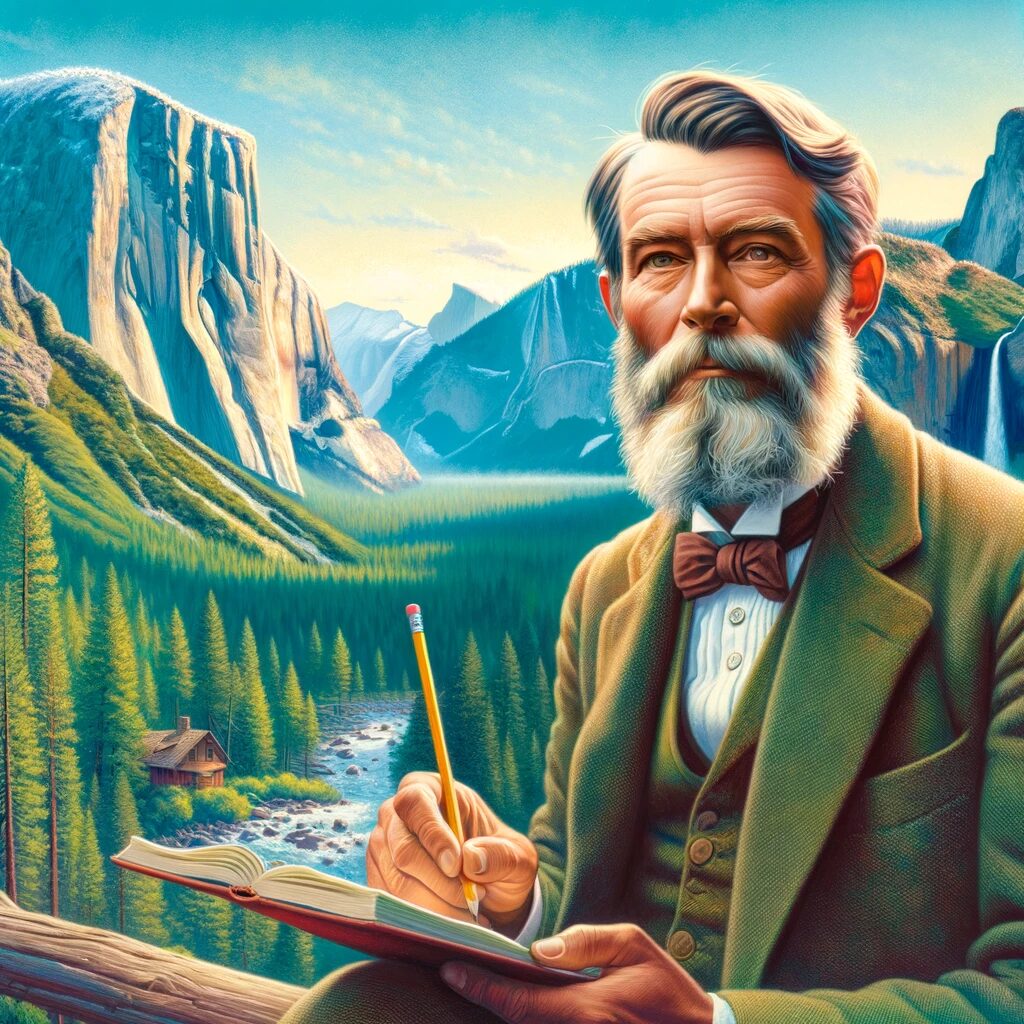While John Muir is celebrated for his contributions to conservation and the establishment of national parks, it’s important to acknowledge that his legacy is complex, especially regarding his views on race and indigenous peoples. Historical accounts indicate that Muir, like many of his contemporaries in the late 19th and early 20th centuries, held views that today would be considered racist. He often expressed derogatory opinions about Native Americans and other ethnic groups, failing to recognize their deep connection with the natural landscapes he sought to protect only for those like himself.
This aspect of Muir’s legacy reminds us that historical figures can have profound impacts in some areas while also harboring beliefs and attitudes reflective of the prejudices of their time. It highlights the importance of critically examining historical figures in a comprehensive manner, acknowledging their contributions but also recognizing their flaws and the context in which they lived. Below we will highlight the good he accomplished with conservation.
Love for Nature and Journey to the Yosemite Valley
Born in Scotland in 1838, Muir immigrated to the United States with his family at a young age. Growing up on a Wisconsin farm, Muir developed a deep love for the natural world, a passion that would define the course of his life. His early adventures set the stage for a lifetime of exploration, writing, and environmental advocacy.
Muir’s journey to Yosemite in 1868 was a turning point in his life. Captivated by the majestic beauty of the Sierra Nevada mountains and the unique ecosystem of the Yosemite Valley, he devoted himself to studying the region’s flora and fauna. His observations and naturalist studies were not only groundbreaking in terms of scientific understanding but also poetic in their description of the natural world.
Advocacy and Achievements
Muir’s most enduring legacy is his role in the creation of the National Park system. His writings and advocacy were instrumental in the establishment of Yosemite and Sequoia National Parks. His efforts culminated in the passing of the 1890 act that created Yosemite National Park, a significant milestone in the history of environmental conservation.
As a co-founder of the Sierra Club in 1892, Muir helped build one of the most influential environmental organizations in America. The club played a crucial role in protecting wilderness areas and continues to be a prominent voice in environmental issues.
Philosophy, Writings, and Impact
Muir’s environmental philosophy highlighted the intrinsic value and interconnectedness of all living things. His writings, such as “My First Summer in the Sierra” and “The Mountains of California,” are celebrated for their vivid, eloquent portrayals of nature and have inspired countless individuals to appreciate and protect the natural world.
John Muir’s impact extends far beyond the establishment of national parks. He is often regarded as a prophet of environmentalism, advocating a relationship with nature based on respect and stewardship rather than exploitation. His vision laid the groundwork for the modern environmental movement and continues to inspire conservation efforts worldwide.

John Muir’s legacy is a testament to the power of passion and advocacy in the face of environmental challenges. As we grapple with contemporary issues like climate change and habitat destruction, Muir’s life and work offer timeless lessons in the importance of protecting our natural heritage. His spirit lives on in every corner of the wilderness he fought to preserve, reminding us of the enduring beauty and value of the natural world.

